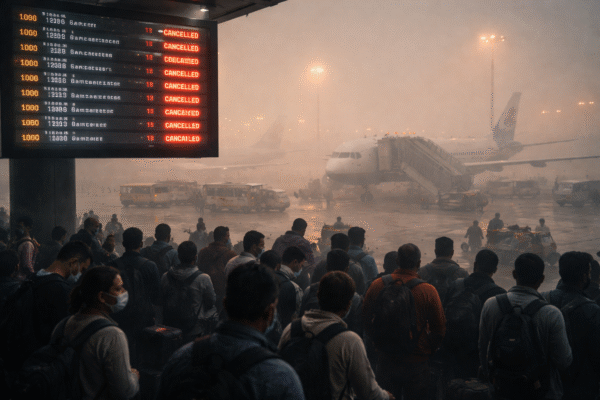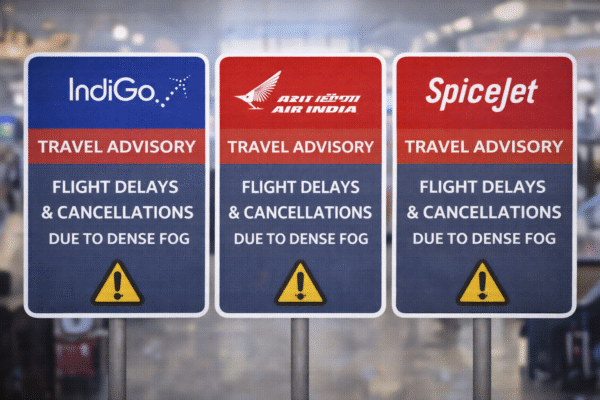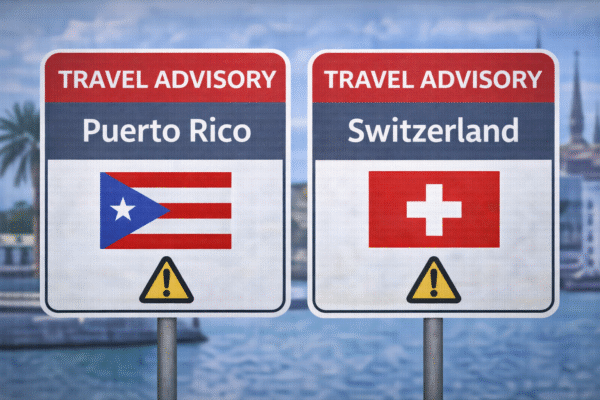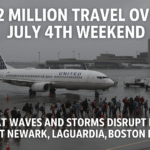Eurostar Travel Chaos Leaves Passengers Stranded Near Calais in 40°C Heat as Europe Faces Widespread Summer Disruptions
A routine Eurostar journey between Brussels and London turned into a harrowing experience for hundreds of passengers on July 1, as a dual engine failure stranded the high-speed train near Calais, France, for more than four hours. The severe heat and lack of functioning facilities on board created distressing conditions, with many travelers—especially families with children and the elderly—describing the experience as “inhumane.”
The incident adds to the mounting pressure on European transport infrastructure, as airlines and train operators struggle to meet soaring summer demand amid technical challenges, staffing shortages, and rising climate-related disruptions.
Stranded in the Heat: A 2-Hour Journey Turns into an 11-Hour Ordeal
The Eurostar train left Brussels shortly after 07:50 BST, destined for London’s St Pancras International. Normally a journey of just over two hours, the service stalled mid-route near Calais after both of its engines failed—rendering air conditioning, lighting, and toilets inoperable during peak summer heat.
As temperatures outside soared beyond 40°C (104°F), passengers were trapped in increasingly hazardous conditions. Without ventilation or access to drinking water, many began to experience symptoms of heat exhaustion. Witness accounts on social media reported children vomiting, elderly passengers requiring medical attention, and widespread anxiety as hours passed with minimal communication from staff.
Eurostar’s Delayed Response and Passenger Discontent
Although Eurostar later dispatched a rescue train, passengers were forced to wait on board for over two hours before train doors were opened. Eventually, travelers disembarked onto the open tracks, standing in the sun without shelter or proper assistance. Emergency medical teams were called in twice to assist those suffering from heat-related issues.
Eurostar issued a formal apology, acknowledging the severity of the situation. Affected passengers were offered either a full refund or travel vouchers worth triple the cost of their original ticket. In a public statement, Eurostar said a full investigation into the engine failure had been launched and pledged to improve emergency response protocols.
Still, the lack of timely communication and immediate aid drew sharp criticism. “We were left in the dark—literally and figuratively,” said one traveler, who missed a connecting international flight due to the delay.
European Travel Grid Under Strain
The Eurostar breakdown was not an isolated event. On the same day, over 200 flights were delayed and more than 60 canceled across major European airports, including Charles de Gaulle in Paris, Munich International, Dublin Airport, and Stockholm Arlanda. Airlines and airport authorities cited a combination of air traffic control issues, technical malfunctions, and critical staff shortages as contributing factors.
According to Eurocontrol, the European Organisation for the Safety of Air Navigation, delays caused by en-route air traffic control constraints and airport capacity shortfalls have increased by over 25% year-on-year since June 2024.
The timing could not be worse. July marks the peak of the summer travel season, with millions of European holidaymakers taking advantage of school holidays. Airlines and rail operators are under immense pressure to meet demand that has rebounded to pre-pandemic levels, without the full operational resilience once present in 2019.
Tourism Industry at Risk from Repeated Failures
The cascading effects of delays—missed hotel check-ins, cruise departures, and international flight connections—highlight the vulnerability of Europe’s interconnected tourism economy. For local businesses reliant on predictable tourist traffic, transport disruptions can result in financial loss and decreased customer satisfaction.
Experts warn that repeated transport failures could erode trust in rail and air travel services. “Customer confidence is already fragile,” said Marie Keller, a travel logistics analyst at the European Tourism Institute. “Passengers are now factoring in an extra day for travel, just in case—something that undermines the core appeal of efficient, cross-border transportation in Europe.”
What Travelers Can Do: Tips for Managing Summer Disruptions
With extreme weather events and systemic service pressures becoming more common, experts recommend a few strategies for travelers to better navigate summer travel in Europe:
- Book flexible fares: Choose refundable tickets or those with change options.
- Download operator apps: These offer real-time updates and emergency alerts.
- Buy travel insurance: Ensure policies cover delays, cancellations, and missed connections.
- Avoid peak hours: Early morning or late evening departures often face less congestion.
- Prepare emergency kits: Carry water, snacks, power banks, and basic medications, especially when traveling with children or elderly companions.
A Turning Point for European Transport?
The Eurostar incident may serve as a wake-up call for European transport providers. As climate change exacerbates heatwaves and demand for travel continues to grow, rail and air operators must improve infrastructure resilience, customer communication, and emergency response protocols.
The UK Department for Transport and France’s Ministry for Ecological Transition have both indicated plans to hold discussions with Eurostar about contingency planning and cross-border coordination in emergencies. Transport watchdogs across the EU are also monitoring delays and passenger complaints more closely, with potential for regulatory tightening.
Until then, tourists should brace for more turbulent travel experiences this summer—and hope that pressure from both passengers and policymakers prompts lasting improvements.
For more travel news like this, keep reading Global Travel Wire
















